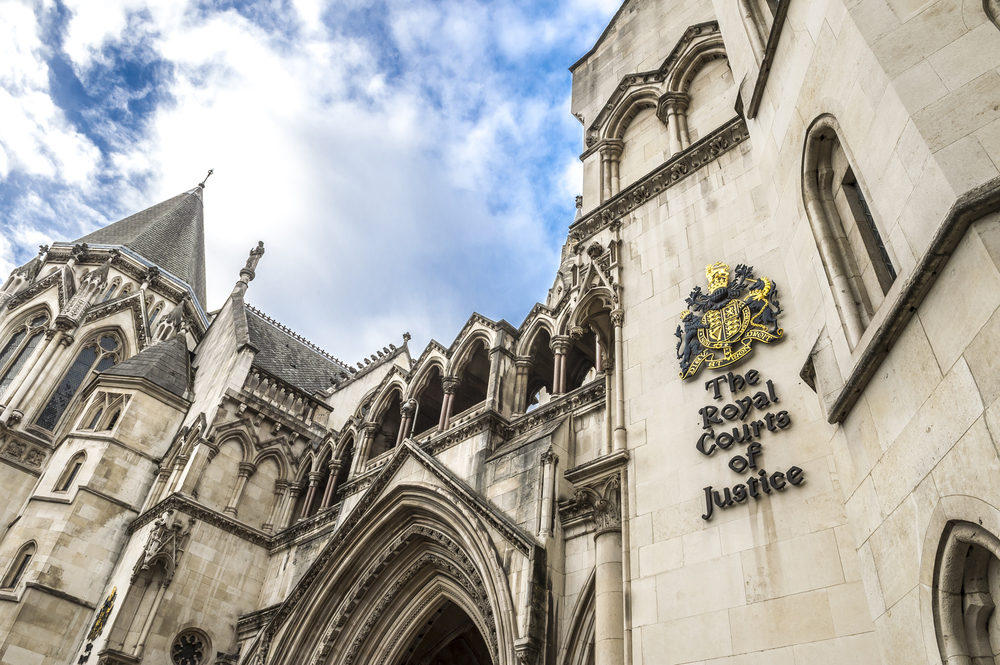A legal challenge against the “shocking” and “lacklustre” climate commitments by the Government has been launched by Coalition members, Friends of the Earth.
A Judicial Review, brought to the High Court by the environmental campaign group, will challenge both the government’s Net Zero Strategy (NZS) and its Heat and Buildings Strategy.
It will do so on the basis that the NZS does not comply with the Climate Change Act 2008, which Friends of the Earth was central to devising and securing. The group also contends that the Heat and Buildings Strategy should have considered the impacts of its policies on protected groups, as part of ensuring a fair energy transition where climate action aligns with social responsibility.
Factors such as age (both the elderly and the very young who will live with the greatest future climate impacts), sex, race, and disability can make people more vulnerable to climate impacts. This unaddressed inequality needs transparency and political accountability.
A refusal so far to disclose its equality impact assessment for the Net Zero Strategy has raised similar concerns.
The environmental group is concerned that people in these groups can be unfairly and disproportionately impacted by a badly planned transition to low carbon living. Yet the government has not identified and considered their specific needs as required by the Equality Act 2010.
With the number of households in fuel poverty in England soaring to record levels, Friends of the Earth previously found that people of colour are twice as likely to be living in fuel poverty as white people, while areas identified by the government as having a high number of residents with disabilities or other health needs are more likely to be rated in the worst category for fuel poverty.
The government did not consider these factors which is why the environment group is today taking legal action. The need for a fair and just transition away from reliance on damaging fossil fuels makes these collective legal failures all the more serious.
Katie de Kauwe, lawyer at Friends of the Earth, said:
With characteristic sleight of hand the government has set out an imaginary pathway for reducing carbon emissions but no credible plan to deliver it.
A rapid and fair transition to a safer future requires a plan that shows how much greenhouse gas reduction the chosen policies will achieve, and by when. That the plan for achieving net zero is published without this information in it is very worrying, and we believe is unlawful.
We know that those who do least to cause climate breakdown are too often the hardest hit. Climate action must be based on reversing these inequalities, by designing the transition with the most vulnerable in mind.
Not even considering the implications of the Heat and Building Strategy on groups such as older and disabled people, and people of colour and ethnic minorities is quite shocking, given these groups are disproportionately impacted by fuel poverty, for example.
Housing is a good example because people who need to consume the smallest amount of energy due to cost find themselves trapped in reliance on gas heating in cold, leaky homes. And now people across the country are facing an energy price crisis, with gas prices expected to double compared to just two years ago.
Friends of the Earth is represented in these proceedings by David Wolfe QC of Matrix Chambers and Catherine Dobson of 39 Essex Chambers, and by the law firm Leigh Day LLP.

